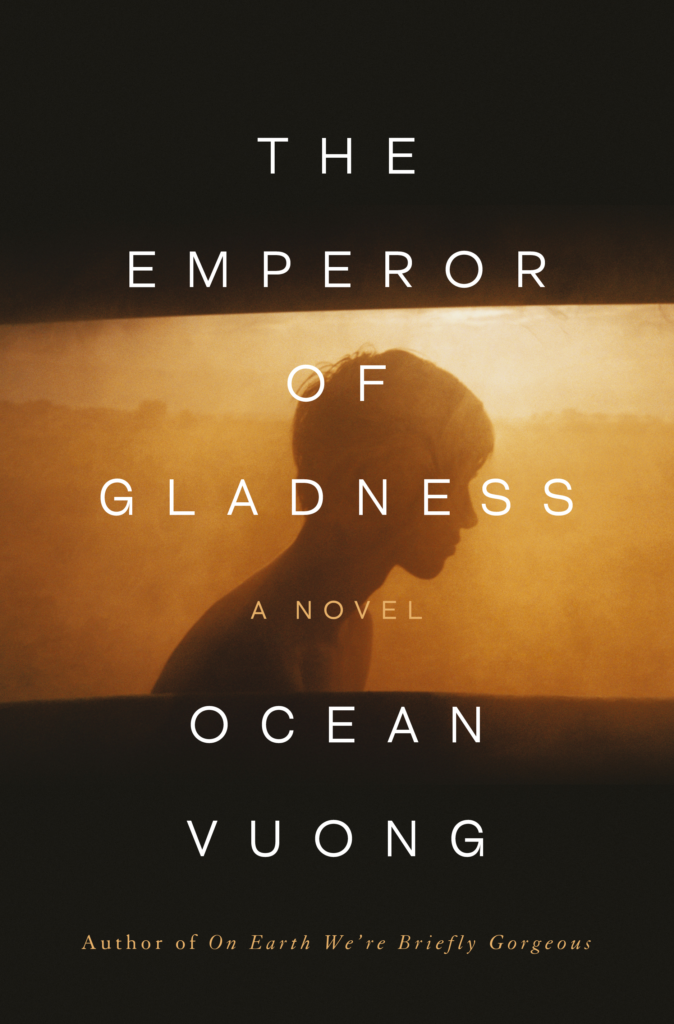Echoes of Loss, Whispers of Connection: Ocean Vuong’s “The Emperor of Gladness

The Fragility and Strength of Connection
At its core, “The Emperor of Gladness” is a story about the unlikely bond between Hai, a young man on the verge of despair, and Grazina, an elderly woman grappling with dementia. Their relationship, born from a moment of crisis, becomes a lifeline for both of them. Vuong masterfully portrays the delicate nature of human connection, highlighting how even in the face of profound loss and isolation, meaningful relationships can emerge. The novel emphasizes the transformative power of empathy and the ability of human beings to find solace in one another.
Exploring the Margins of American Life
Vuong’s narrative is set against the backdrop of a post-industrial American town, a setting that serves as a powerful metaphor for the marginalization and precarity experienced by many. He gives voice to those often overlooked by society, illuminating the struggles of individuals living on the fringes. Through his characters, Vuong explores the complexities of poverty, labor, and the enduring impact of historical trauma. The novel is a poignant commentary on the realities of American life, revealing the hidden stories that lie beneath the surface.
The Power of Memory and Storytelling
Memory and storytelling are central themes in “The Emperor of Gladness.” Vuong explores how memories, both personal and collective, shape our identities and influence our understanding of the world. Grazina’s experience with dementia highlights the fluidity of memory and the ways in which the past can intrude upon the present. Hai’s journey, in turn, is a testament to the power of storytelling to create meaning and find a way to forge a path forward. Vuong’s prose itself is a testament to this power, with his lyrical and evocative language creating a rich and immersive reading experience.
A Poetic Exploration of Loss and Hope
Ocean Vuong’s signature style, characterized by its poetic language and emotional depth, is on full display in “The Emperor of Gladness.” He navigates the difficult terrain of loss and grief with sensitivity and grace, while also finding moments of beauty and hope. The novel is not simply a chronicle of suffering; it is a testament to the human capacity for resilience and the enduring power of love. Vuong’s work is a profound meditation on the complexities of the human condition, inviting readers to reflect on their own experiences of loss, connection, and the search for meaning.
In conclusion, “The Emperor of Gladness” is a powerful and moving novel that solidifies Ocean Vuong’s position as one of the most important voices in contemporary literature. His ability to weave together personal narratives with broader social and historical themes creates a work that is both deeply intimate and profoundly relevant.




















